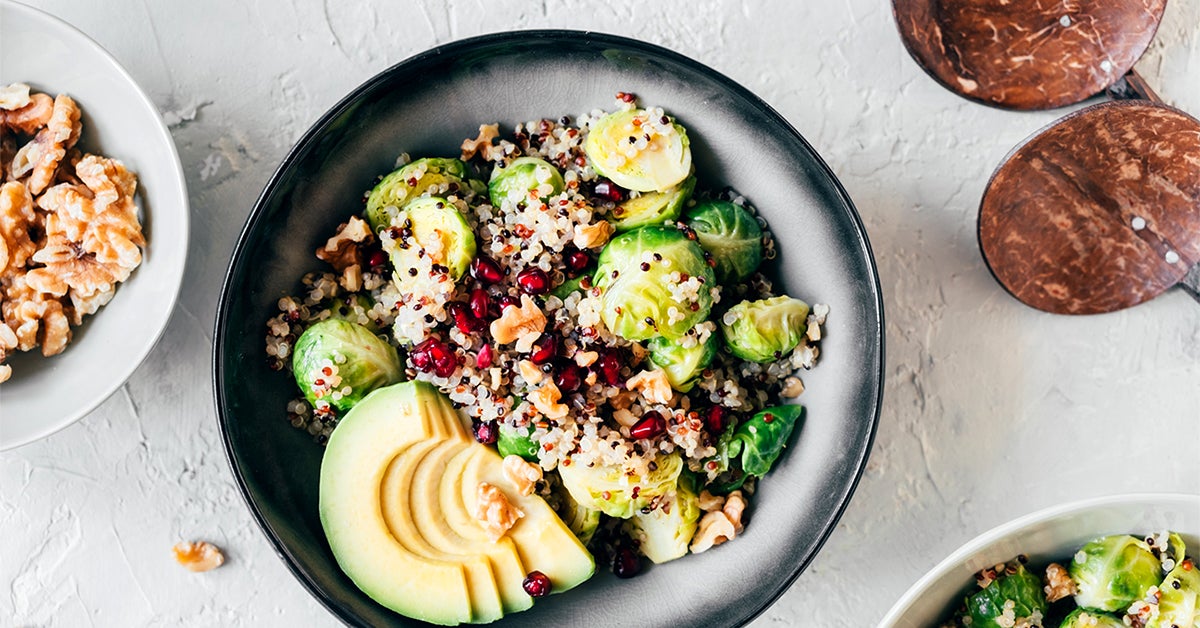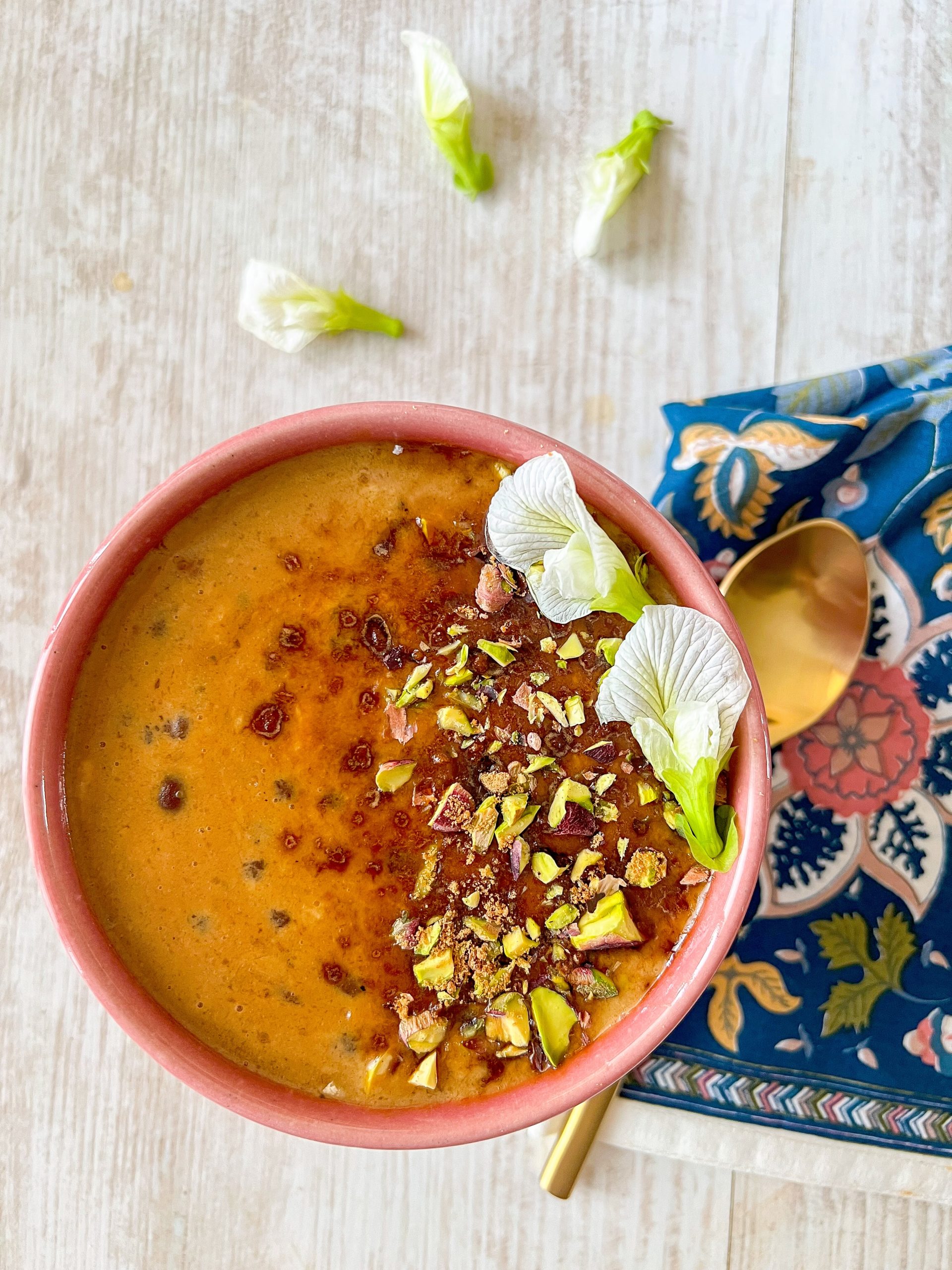

Image used under Creative Commons from psrobin Can Baking Powder Ever Go Bad?īaking powder, similarly to baking soda and most spices, doesn’t really go bad. Because even though the powder doesn’t go bad like dairy or fruit, it loses its potency over time. More often than not, it’s the leavening agent’s fault, especially if the issue seems permanent, not a one-off thing.

And when you find that your baked goods aren’t as fluffy as they used to, you might be wondering why.

And in most households, it’s a staple that we always have stored somewhere in the kitchen.īut if you’re not that big of a baker and don’t use the powder that often, questions about its shelf life and spoilage arise eventually.Īnd even if you use baking powder regularly, like for making pancakes every week, it takes some time until you go through the whole container. If you’re looking forward to a baking adventure, baking powder is a must-have. If not, you will need to make baking powder with baking soda. If you see bubbles form, it's still good. If you're not sure if your baking powder is still good, combine a spoonful of baking powder in a glass of warm water. Store-bought baking powder starts to lose potency as soon as the package is opened and usually only lasts nine to 12 months at most. This reaction causes carbon dioxide gas to release, causing bubbles to expand, and thus leavening the mixture. These acids react with baking soda once they are hot and wet. So what's baking powder then? Baking powder is made up of baking soda (which acts as the base) along with the addition of some acids. It can be used in many ways including for cleaning, to put out kitchen fires, and to keep your refrigerator fresh. The Difference Between Baking Soda and Baking Powderīaking soda is a great ingredient to have on hand. It is often used in recipes with acidic ingredients such as buttermilk or yogurt.īut baking powder already includes acid in the form of potassium bitartrate, so it can be used in recipes that do not have any acidic ingredients. Baking soda is a base (or alkali ingredient), so it requires acidity to work. While yeast produces carbon dioxide gas as it metabolizes sugar, baking powder produces carbon dioxide gas from an acid base reaction with liquid, such as milk. Next time you find yourself without baking powder (or with expired baking powder) use this simple baking powder substitute recipe to make it yourself. Some recipes call for baking soda, some call for baking powder, and some call for a combination of the two.

Baking soda and baking powder, like yeast, create leavening or "lift" in baked goods with carbon dioxide gas. If you want to bake biscuits, scones, cupcakes, cookies, brownies, muffins, quick breads, and pancakes, in all likelihood you will need baking powder or baking soda. But pair them with CHOCOLATE and count me in! I love, LOVE, love chocolate banana goodness!Įverything from chocolate covered frozen banana bites, to chocolate banana smoothies, to chocolate banana cake, quick mornings or quick snacks - grab the amount you want to eat and stick them in your refrigerator over night, place thawed muffins in the oven at 325 degrees F to reheat until warmed through.Learn to make baking powder using another essential baking ingredient - baking soda.
#Nourishing meals how to make baking powder free
This RECIPE Naturally sweetened grain free chocolate banana muffins made with real food ingredients are such a treat!īananas on their own are not my favorite.


 0 kommentar(er)
0 kommentar(er)
